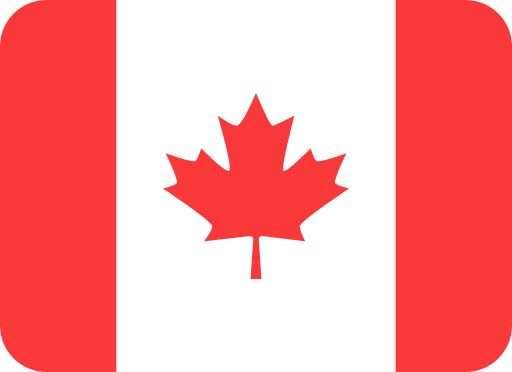
This logo isn't an ad or affiliate link. It's an organization that shares in our mission, and empowered the authors to share their insights in Byte form.
Rumie vets Bytes for compliance with our
Standards.
The organization is responsible for the completeness and reliability of the content.
Learn more
about how Rumie works with partners.
Have you ever seen job titles like "curriculum consultant" or "educational consultant"? Do you feel confused by their long descriptions?
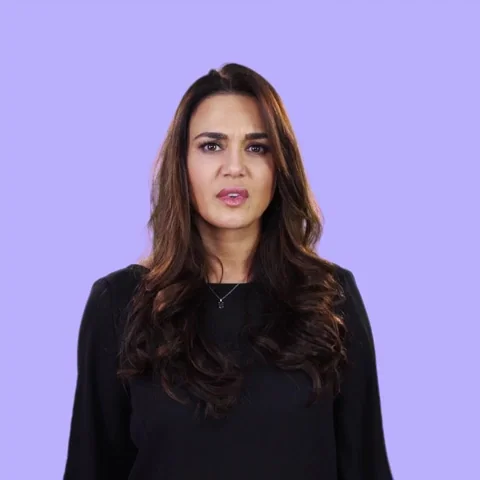
Maybe you’ve wondered: "Is this something I could do? Do I have the right skills to help others learn better?"
Whether you’re already working in education, thinking about a career change, or just curious, becoming a curriculum consultant might be the right choice for you.
Your interest in education could turn into a fun, flexible, and rewarding job!

What Does a Curriculum Consultant Do?
As a curriculum consultant, your role is to help teachers design and enhance learning plans, working with schools to develop and "implement and effective curriculum for their entire institution."
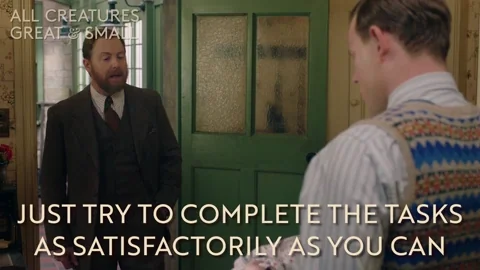
As a curriculum designer, your daily responsibilities include:
Researching educational trends 📈
Analyzing student outcomes 🔍
Meeting with teachers, administrators, and other stakeholders 🧑🏫
Developing training programs for teachers 📏
Adjusting curriculum based on feedback and results 🖊️
For example...
A high school wants to improve its math program. The consultant:
Reviews the current curriculum
Identifies weak spots
Designs new lesson plans
Trains the teachers on how to implement these changes effectively
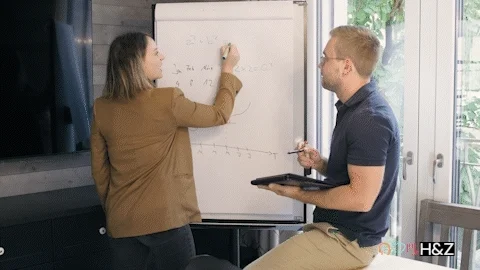
As a curriculum consultant, you'll contribute to shaping educational experiences by designing and improving curricula. By helping schools and organizations deliver effective education, they contribute to the overall quality of education in society.
Quiz
Which of the following is a key task of a curriculum consultant?
One of the core tasks of a curriculum consultant is to design new educational materials, such as lessons, courses, or entire training programs. This ensures that the curriculum aligns with educational goals and addresses the needs of students or employees. Managing school budgets, dealing with parent-teacher interviews, or hiring teachers and trainers is the responsibility of the school's adminstrators.
Career Path and Market Demand
Curriculum consultants are in demand across various sectors, including:
Education: Schools and districts often hire consultants to improve or design new curriculums, especially with the growing need for personalized and digital learning.
Corporate training: Companies increasingly seek consultants to develop training programs that help employees upskill and adapt to new technologies.
Nonprofits and government: These organizations often hire consultants to create educational programs for community projects or job training.
As more people work remotely and learn online, there's a bigger need for curriculum consultants to create online and mixed-learning programs. This is opening up more job opportunities in both education and business.
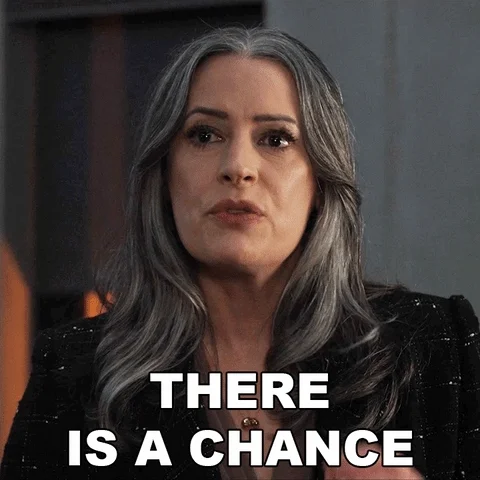
Is it For Me?

You'll love being a curriculum consultant if you...
love problem-solving
have creativity
like improving educational experiences to make a direct impact

Look for another career path if you...
don't like bureaucracy
don't like slow change
aren't comfortable working within strict educational standards
How to Get Started
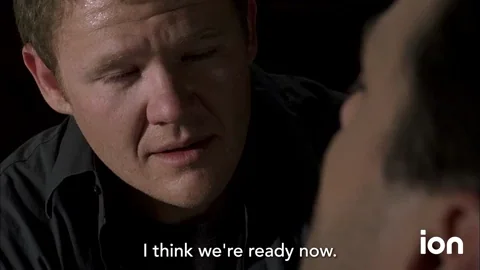
If you know that you want to begin your journey as a curriculum consultant, follow these simple steps to get started:
Pursue a degree and gain teaching experience: A degree in education and some teaching experience are essential first steps. This foundational knowledge will help you better understand the needs of learners and instructional practices. This may require you to complete any local teaching licensing requirements, likely including a teaching credential.
Gain relevant skills: Build a strong foundation in instructional design, curriculum development, and assessment methods. Consider certifications like:
CPLP (Certified Professional in Learning and Performance)
Instructional design certificates (offered online via platforms like Coursera or edX)
Build a portfolio: Showcase your work by creating a portfolio with sample lesson plans, courses, and any relevant projects. If you’re just starting out, consider volunteering or taking on small projects to build experience.
Network and stay updated: Join groups like ASCD or ISTE to meet other professionals and keep up with the latest trends in education and curriculum design.
Quiz
What is a key step to becoming a curriculum consultant?
While teaching or managing a school can offer helpful experience, the key to becoming a curriculum consultant is building specific skills in instructional design and curriculum development. Budgeting may be useful but is not the primary focus of curriculum consulting.
Take Action
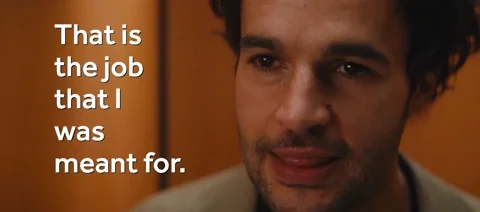
If you're interested, get started on your next steps! Use this checklist to think about your skills, interests, and goals:
This Byte has been authored by
Della Ouyang
Instructional Designer
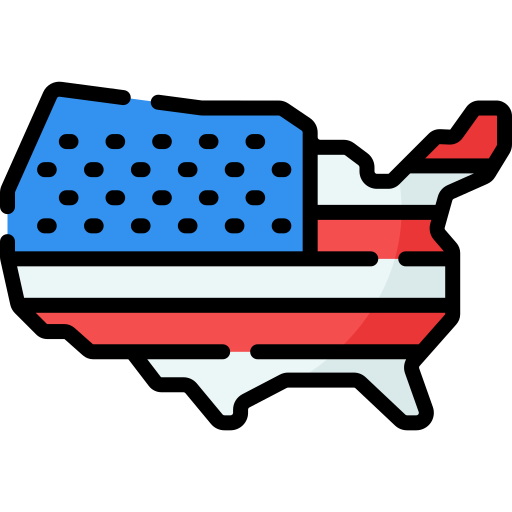 United States:
United States: 